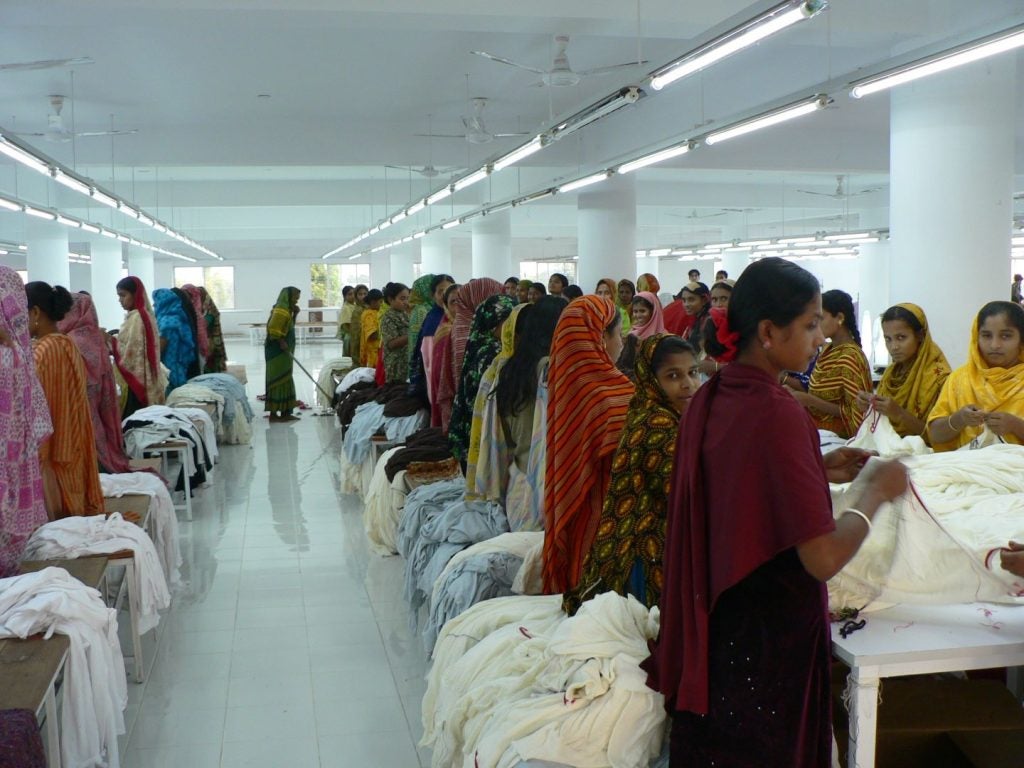
This development follows the recent decision by global brands and trade unions to extend the International Accord, originally set to expire this year, for an additional six years.
The three-year legally binding commitment, effective from 1 November 2023, included an automatic renewal clause every three years within the International Accord for Health and Safety in the Textile and Garment Industry, eliminating the necessity for future negotiations.
Both brands and trade unions have also reached a consensus on a new agreement aimed at strengthening health and safety initiatives within the Bangladeshi garment industry through the RMG Sustainability Council (RSC).
The Pakistan Accord, which was signed in January 2023 for a three-year period, will continue as an Addendum to the International Accord.
As was announced earlier this month, there are plans to expand The Accord into new territories, subject to feasibility studies.
Agreement overview
International Accord
How well do you really know your competitors?
Access the most comprehensive Company Profiles on the market, powered by GlobalData. Save hours of research. Gain competitive edge.

Thank you!
Your download email will arrive shortly
Not ready to buy yet? Download a free sample
We are confident about the unique quality of our Company Profiles. However, we want you to make the most beneficial decision for your business, so we offer a free sample that you can download by submitting the below form
By GlobalDataThe International Accord for Health and Safety in the Garment and Textile Industry is a legally binding framework agreement between garment brands and trade unions.
Its primary objective is to ensure the health and safety of workers in the textile and garment industry.
This agreement will serve as the foundational framework for implementing the Accord’s Country-Specific Safety Programmes (CSSPs) in various garment-producing nations, including current programmes in Bangladesh and Pakistan, as well as any future initiatives.
The specific terms of each CSSP will be delineated in the Addendums to the International Accord, building upon the core principles, standards, and protocols established in the agreement. Brands will be required to sign at least one CSSP Addendum.
Key renewal provisions of the International Accord will now include:
- Signatory companies mandate suppliers to fully participate in the relevant provisions of the training programme, such as covering the Freedom of Association and industrial relations’ role in empowering Health and Safety Committees and protecting workers’ health and safety.
- The signatories agree to the expansion of the International Accord programmes to other countries based on: the presence and volume of signatory companies in the country; the interest of brands, the extent to which existing mechanisms are able to regulate safety, the extent to which there are safety risks, and support of local stakeholders.
Bangladesh Safety Programme
The Bangladesh Agreement on Health and Safety in the Textile and Garment Industry, known as the Bangladesh Safety Programme, operates as an Addendum to the International Accord.
This legally binding agreement between garment brands and trade unions aims to ensure the health and safety of workers in the Bangladeshi textile and garment industry.
Parties committed to the Bangladesh Safety Programme pledge adherence to the principles outlined in the 2023 International Accord, as well as those stipulated in the 2013, 2018, and 2021 Accord agreements on Fire and Building Safety in Bangladesh.
The implementation of inspections and remediation programmes, safety committees, safety training initiatives, safety complaints mechanisms, and reporting and disclosure requirements in Bangladesh will continue to be overseen by the RMG Sustainability Council (RSC), established in June 2020.
Pakistan Accord
In December 2022, signatories to the Accord agreed to establish a new workplace safety programme in Pakistan for an initial three-year term, starting in 2023.
The resulting agreement, known as the Pakistan Accord on Health & Safety in the Textile & Garment Industry, outlines the programme’s scope and key provisions to which company signatories commit.
Effectively initiated on 1 January 2023, the Pakistan Accord is geared towards ensuring health and safety in the Pakistani textile and garment industry. Signatories commit to fulfilling their obligations as outlined in this agreement until its expiration on 31 December 2025, with the possibility of renewal.
The Pakistan Accord will persist as a CSSP Addendum under the International Accord.





